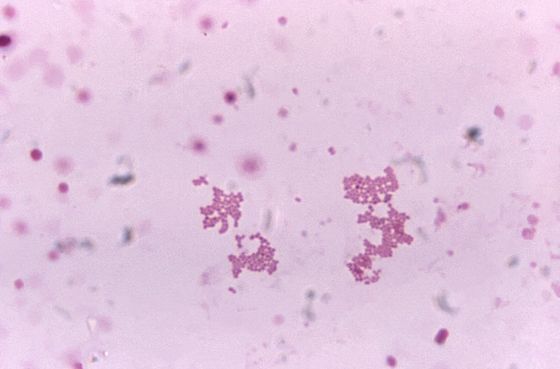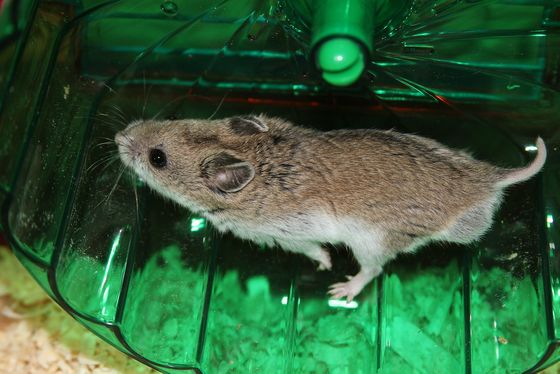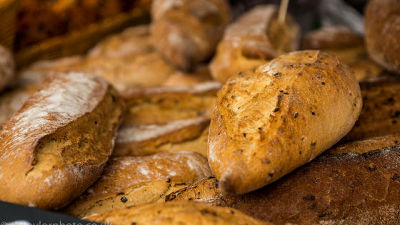What are intestinal bacteria that boost athletes' endurance?

by
Intestinal bacteria by recent studies the human taste of food and mood has been found to have a significant impact on, from the looks of ' gut is the second of the brain may also be referred to as'. More recent studies have identified the possible presence of intestinal bacteria that make a person an athlete.
Meta-omics analysis of elite athletes identifies a performance-enhancing microbe that functions via lactate metabolism | Nature Medicine
https://www.nature.com/articles/s41591-019-0485-4
Performance-enhancing bacteria found in the microbiomes of elite athletes: Introducing this bacteria to sedentary individualized improve execute capacity-ScienceDaily
https://www.sciencedaily.com/releases/2019/06/190624111441.htm
How This Gut Bacteria May Give Elite Athletes an Edge
https://www.livescience.com/65780-athletes-gut-bacteria-boost-performance.html
Alexander Costic et al.'S research group working at Joslin's Diabetes Center discovered bacteria that could improve endurance in athletes' flights. The research group compared the stools of long-distance runners with those of underexercised people, and it was found that Veillonella atypica, a genus of Veillonella spp. , Was prominent in the intestines of long-distance runners immediately after endurance running. discovered.
The following image is a photomicrograph of the Veillonella bacteria.

by
Next, the research group conducted an experiment to compare which mice, which had been colonized with Veillonella atypica isolated from a long-distance runner's stool, and ordinary mice, were superior in endurance. As a result, mice vaccinated with Veillonella atypica were able to continue to run 13% longer than mice that did not.
Veillonella atypica is a bacterium that uses lactic acid as its only energy source. Lactic acid is a substance generated by muscle exercise, but the research group sees a substance called propionate, which is produced by metabolizing and producing lactic acid, by Veillonella atypica, rather than the removal of lactic acid by Veillonella atypica. For example, when propionate was injected directly into the intestine of the mouse, the effect of enhancing the endurance of the mouse was also confirmed.

by Jim, the Photographer
From this series of experimental results, the research group hypothesized that the long distance runner and Veillonella atypica might be in a symbiotic relationship. The hypothesis is that 'a large amount of lactic acid generated in the blood of a long-distance runner is carried to the intestines, and Veillonella atypica breeds, and the propionate produced by Veillonella atypica improves the runner's performance'.
The mechanism by which propionate boosts the endurance of long distance runners is not well understood. According to the research group's speculation, 'Propionate is absorbed from the intestinal wall and used as energy' or 'It is possible that the anti-inflammatory action of propionate suppresses muscle fatigue' about.
So, if you can become an athlete if you take propionate, it may not be so simple. Because propionate is easily decomposed by digestive fluid such as gastric acid, it is difficult to put it in capsules and so on.
Nevertheless, he said, 'We can expect to improve the exercise capacity of patients with type 2 diabetes and heart disease by improving the intestinal flora by probiotics using Veillonella atypica,' said Enteric bacteria. Research was expected to advance the treatment of lifestyle-related diseases.
Related Posts:
in Science, Posted by log1l_ks







